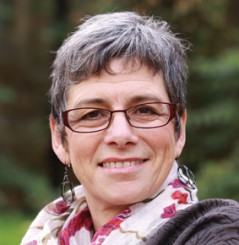A new national forum for family learning which met this month for the first time looks set for membership from FE sector bodies.
The National Family Learning Forum, launched by the National Institute of Adult Continuing Education (Niace), met for the first time on July 2 in London.
It was formed to look at boosting family learning, and representatives from the Department for Business, Innovation and Skills, local authorities and family learning providers, including the Esmee Fairburn Foundation, Campaign for Learning and Booktrust, were at its fist meeting.
The Association of Colleges (AoC) and Association of Employment and Learning Providers (AELP) were not invited, but a Niace spokesperson said “one of the outcomes of the meeting was the agreement to extend the membership to other national organisations with a role in family learning. This includes representatives of the AoC and AELP”.
An AoC spokesperson declined to comment on whether it had received an invitation to join since the meeting. However, she said: “We’d like to be involved and for FE to have some input into this.”
An AELP spokesperson said: “Discussions have taken place with Niace on how we might contribute to the work of the forum and we are happy to contribute in any way.”
The group was formed in response to a Niace report published in October, called Family Learning Works, that outlined how family education programmes improved child and adult numeracy, literacy and other key skills.
Carol Taylor (pictured right), chair of the forum and deputy chief executive of Niace, said: “There was a great deal of enthusiasm around the table [at the July 2 meeting] for the establishment of a national forum to bring family learning providers, practitioners, researchers and policy makers together to develop this extremely important and effective way of developing skills and attainment of adults, children and families.”
Family programmes aim to encourage family members to learn together, providing learning to both adults and children and provide progression for the adult to other learning.
They are usually delivered by teachers from FE colleges, local authorities, or charities at primary schools.







Your thoughts